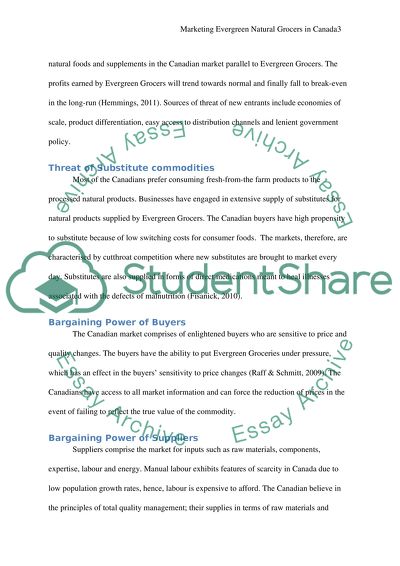Cite this document
(“Situational Analysis of International or Global Marketing Environment Essay - 1”, n.d.)
Situational Analysis of International or Global Marketing Environment Essay - 1. Retrieved from https://studentshare.org/marketing/1489338-situational-analysis-of-international-or-global
Situational Analysis of International or Global Marketing Environment Essay - 1. Retrieved from https://studentshare.org/marketing/1489338-situational-analysis-of-international-or-global
(Situational Analysis of International or Global Marketing Environment Essay - 1)
Situational Analysis of International or Global Marketing Environment Essay - 1. https://studentshare.org/marketing/1489338-situational-analysis-of-international-or-global.
Situational Analysis of International or Global Marketing Environment Essay - 1. https://studentshare.org/marketing/1489338-situational-analysis-of-international-or-global.
“Situational Analysis of International or Global Marketing Environment Essay - 1”, n.d. https://studentshare.org/marketing/1489338-situational-analysis-of-international-or-global.


